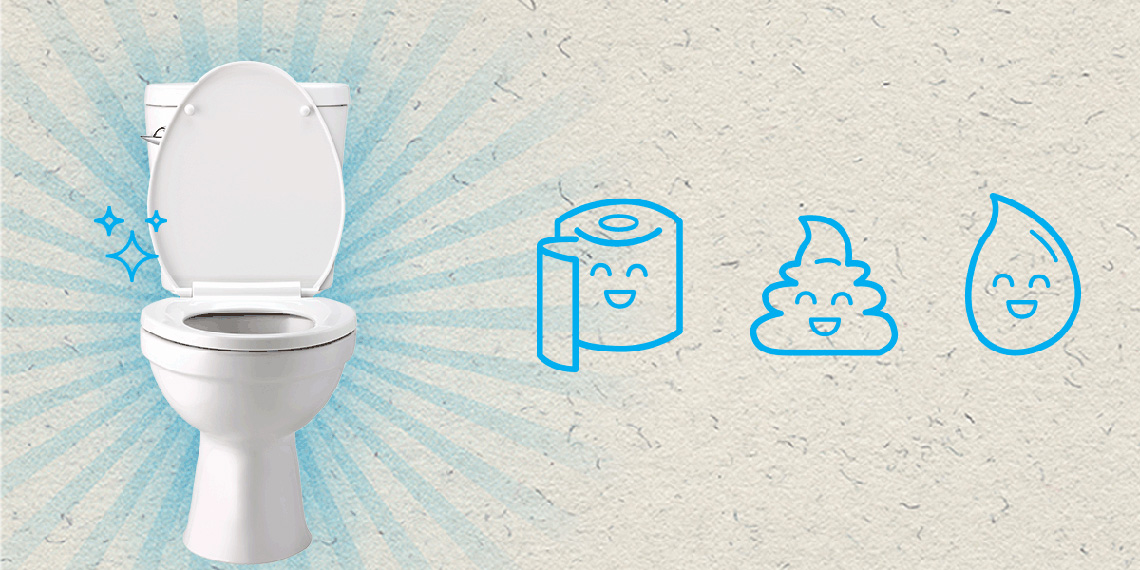Pee, poo, paper: innovative strategies to conserve water

In 2016, Hunter Water removed a one-tonne blockage of wet wipes and sewage from a wastewater pipe in Newcastle, a build-up that had damaged a nearby sewage pumping station.
At Ozwater’22 last week, Hunter Water’s Alicia Fry and Keiran Smith explained how the issue of clogged wastewater pipes remains as prevalent as ever.
The issue prompted the company to introduce a behavior change campaign entitled Respect the Throne, aimed at eliminating unnecessary wastage flushed down the toilet, improving water quality and operational efficiency in the process.
The essential message of the campaign is to get people to only ever flush ‘the Three Ps’ – pee, poo and (toilet) paper.
Initiated in mid-2020 at a time when toilet paper was flying off supermarket shelves, the campaign was aired across television, print and social media.
This extensive community intervention has contributed towards a reduction in overflow caused by blockages, alongside a drop in potential biohazards for Hunter Water maintenance staff.
In turn, the company has noticed improved service levels, reduced maintenance costs and a noticeable impact on business profit.
The program’s success in changing community sentiment also saw the company awarded Highly Commended in the Best COVID-19 Response category at the 2021 Mumbrella CommsCon Awards.
It was not designed to be a single-flush campaign, however; Hunter Water is keen to make Respect the Throne an integral part of their water literacy program.
“These are big conversations to have with the community, and they can’t happen unless you improve the level of understanding,” said Smith. “Respect the Throne helps us improve awareness of the water cycle.”
Gaming the system
Another component of Hunter Water’s water literacy program is the Waterworld campaign, which aims to educate school students about the virtue of water conservation in the bathroom via gamification.
The 28-day challenge encourages students to take showers of four minutes or less – with the ultimate aim of taking the shortest showers in their class.
Offered as part of the company’s community education program, the Waterworld web and phone app leverages the competitive nature of junior high school students to drive results.
“We looked at whether we needed to have external motivations or a monetary prize, but being on the class leaderboard was enough,” said Hunter Water’s Kristy Ratcliffe.
Beyond the gamification aspect, she explained how Waterworld represents a tool for educators, offering teachers an interactive outlet to help students learn about low-cost water conservation strategies that can be implemented at an individual level.
A daily fact about water scarcity is offered to students upon logging showers in the app, and class-wide data is available for teachers to use in future lesson planning.
